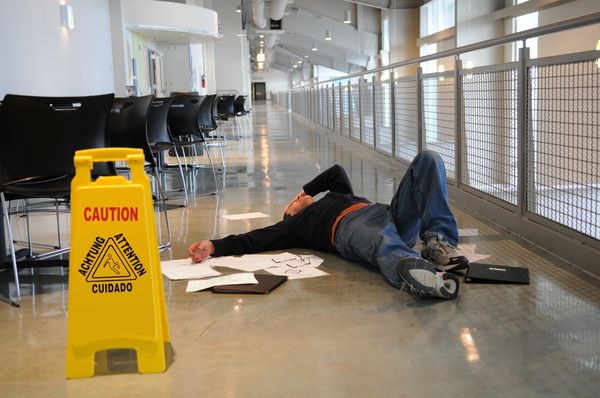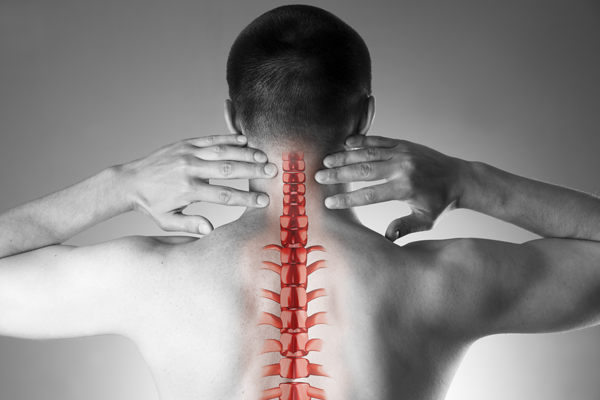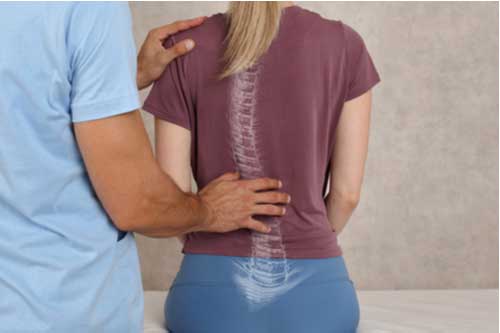- August 21, 2022
Traumatic brain injury is one of the most-dreadful auto accident injuries. For many people, the fear of suffering an injury to the brain is second only to death. However, TBIs, as commonly called, alter the life of many victims and often leave lifelong damage. If you or your loved ones reside in Florida and have suffered a TBI, an auto accident doctor in Fort Myers can make a big difference.
If they are experienced and skilled enough, an auto accident doctor can drastically reduce the damage of a traumatic brain injury. Part of the expertise of a TBI doctor is knowing the proper treatment methods for each case. This article will give you detailed information about all you need to know about traumatic brain injury treatment.
An Auto Accident Doctor in Fort Myers Explains How Traumatic Brain Injury Gets Diagnosed
If you have suffered a blow to your head by any means, you might have sustained a TBI and should seek medical attention immediately. The first step for doctors in checking for TBIs will be to ask you about the nature of the incidence. Your doctor will also:
-
- Find out about possible TBI symptoms you might be experiencing
- Conduct a neurologic exam
- Likely conduct a neurophysiological test
- Likely conduct an imaging test such as Magnetic Resonance Imaging (MRI) or a Computed Tomography (CT) scan. While the CT scan checks for blood and fractures, MRI scans for lesions.
What Are the Treatment Options for Traumatic Brain Injury?
After diagnosing a TBI, your doctor will begin a treatment program. There are several treatment options for TBI, and it is your doctor’s job to determine which option will best suit the nature of TBI you have.
The treatment options are:
The Use of Medication
While no drug can heal the nerves after a TBI, medication remains an essential treatment option. Here is a list of TBI medication and their uses.
- Anticonvulsants: Stops seizures and reduces chronic nerve pain.
- Anticoagulants: Eliminates or reduces susceptibility to blood clots.
- Antidepressants: Relieves symptoms of depression and anxiety disorders.
- Anti-anxiety medication: Reduces feelings of anxiety.
- Stimulants: Boosts cerebral alertness.
- Muscle relaxants: Eases pain and muscle stiffness.
Surgery
Surgery is reserved for moderate to severe TBIs or for TBIs that defy medication. Surgical treatment aims to:
- Reduce pressure in the skull
- Remedy skull fractures
- Remove blood clots (hematomas) in the brain
- Expel dead or dormant brain cells
TBI Rehabilitation
The job of the medical facility or injury center doesn’t end after treatment. Rehabilitation is necessary, especially for persons with moderate to severe TBI. TBI rehabilitation centers around therapy which branch into several types.
The different types of TBI therapies are:
- Physical Therapy: Aims to restore body functions, improve fitness and ensure wellness.
- Cognitive Therapy: To improve memory, organization, and attention.
- Speech Therapy: Aims to improve speech and other forms of communication as many TBI victims find it difficult to communicate.
- Occupational Therapy: Helps to improve your ability to perform everyday tasks such as walking, bathing, and cooking.
- Vocational Counseling: Prepares you to handle your responsibilities when you return to work safely.
- Psychological Therapy: Provides the emotional strength to face life’s challenges, sustain healthy relationships, and handle stress.
For these therapies to be effective, the medical personnel must determine your level of independence or Functional Independence Measure (FIM) after treatment. These include the use of the Glasgow Coma Scale (GCS), Ranchos Los Amigos (RLA) scale, Coma Recovery Scale (CRS), and the disability rating scale.
What Are the Different Traumatic Brain Injury Rehab Settings?
There are several settings where TBI rehabilitation can take place. Here are some of them:
- Outpatient Rehabilitation: Outpatient rehabilitation starts after discharge from a hospital or treatment center and includes therapy sessions.
- Inpatient Rehabilitation: Encompasses every kind of care the hospital or treatment center has to offer for three hours every weekday. The rehabilitation team will provide medical, social, and emotional care packages that will produce the best result for you. It’s usually moderate to severe TBIs that require this level of care.
- Community Rehabilitation: Community rehabilitation ensures the inclusion and integration of TBI victims in their immediate communities. TBI victims should have access to health, employment, and educational assistance. Community rehabilitation is the job of both governmental and non-governmental agencies.
What Are the 10 Stages of Traumatic Brain Injury Recovery?
Due to the delicate nature of the brain, it takes a while for injuries to heal. This healing can last weeks, months, or even years and happens in the ten stages below.
- Coma: The most profound unconscious state could take a few days to even years. During a coma, the victim’s eyes are closed, plus they cannot move their body or speak. Coma could directly result from the injury or accident or be induced by medical personnel to allow the brain to heal uninterrupted.
- Vegetative State: A vegetative state is similar to a coma, and people often confuse the two. However, there are differences between them. Unlike a coma, victims can open their eyes and respond to stimulation in a vegetative state.
- Minimally Conscious: The victim is aware of their environment and will slip in and out of a coma.
- Post-Traumatic Amnesia: At this stage, the victim cannot recollect past events or the accident that led to the injury. The patient may also not remember dates, relationships, or significant events.
- Inappropriate Behavior: The victim exhibits improper conduct, such as lack of focus and awareness and wrong responses to questions or requests.
- Confusion: The victim is unaware of their surroundings but can respond appropriately to questions and requests.
- Automatic and Appropriate: At this stage of recovery, the patient is responsive and able to comply with rehabilitation processes and programs.
- Purposeful: The patient achieves a considerable level of dependence. They can make appropriate decisions and implement them.
- Purposeful and Independent: The patient reaches complete dependence. They can assist others and perform several daily activities simultaneously.
Can You Return to the Life You Had After a Brain Injury?
Yes! But that’s if you get high-quality care. Anyone who has suffered TBI in Fort Myers, Florida, should get quality treatment until they attain full recovery. But TBIs are potentially life-altering, so be careful about which institution handles the treatment.
Get Quality TBI Treatment From an Auto Accident Doctor in Fort Myers
At Specific Care Chiropractors, TBI victims receive top-notch treatment for TBI. Our chiropractors know what treatment method is more effective in every case.
If you reside in or around Fort Myers and are searching for the best injury treatment center near me? Look no further than Specific Care Chiropractors. We provide both inpatient and outpatient services alongside effective therapies. Book a free consultation today.







